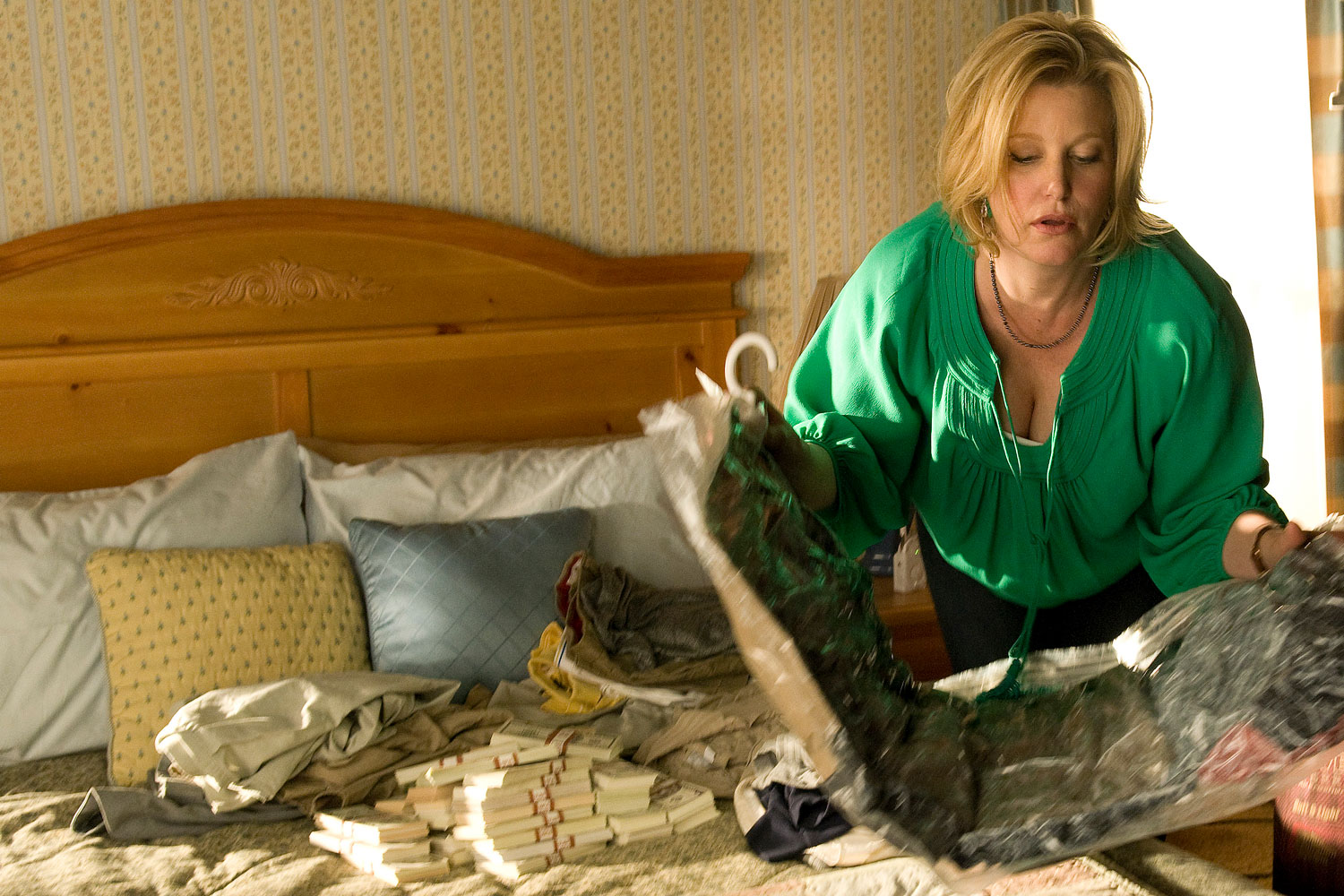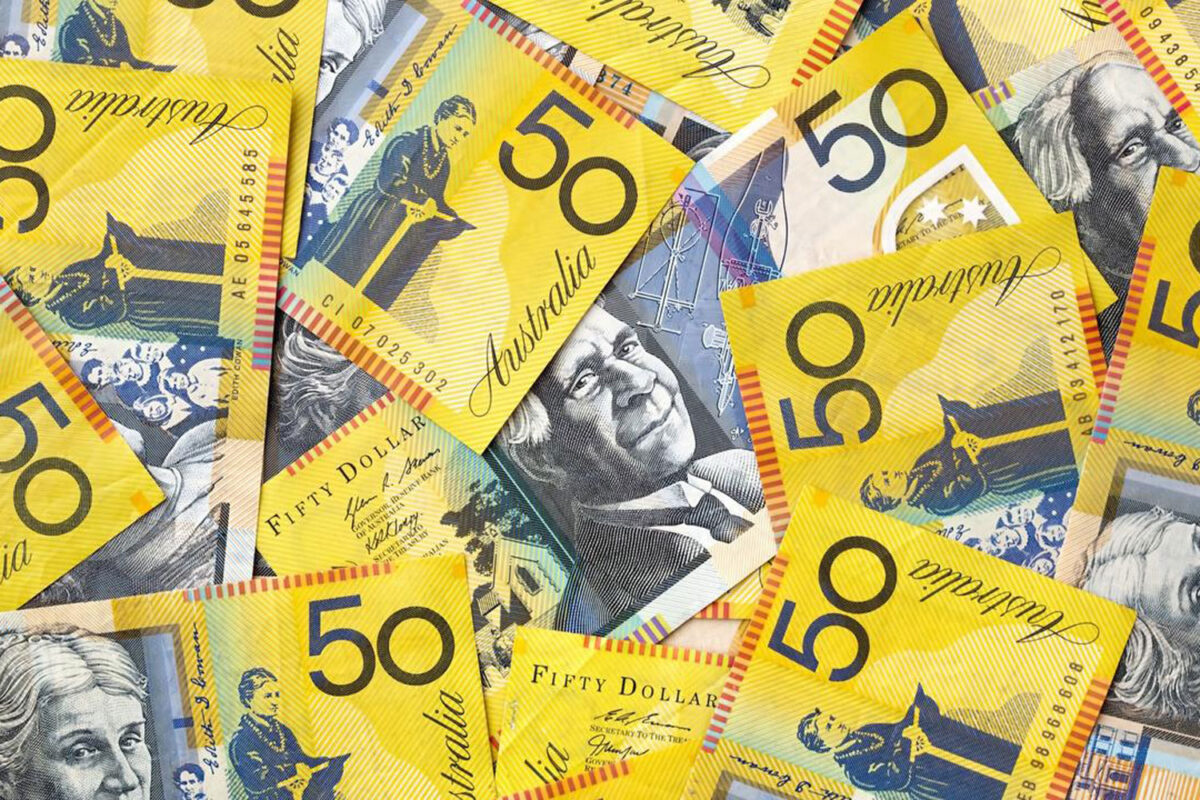
Who said cash was dead? Though ApplePay, GooglePay and crypto nerds seem to be plotting the demise of physical dosh, for some Australians, the uncertainty of the pandemic (among other things) has led to a great distrust in institutions and touch screens. The result? For many Australians, the time-honoured technique of hoarding physical money (if not using it for transactions) seems to be making a comeback.
That’s right: some people have been turning to Australia’s oldest bank – and we don’t mean the bank of mum and dad. We mean the bank under your bed. Confused? Allow the ABC to explain.
“There is a record amount of banknotes circulating in the economy,” The ABC reports. “The problem is, they’re mostly stuffed between mattresses or hidden in the nation’s sock drawers.”
Melissa Hope, Head of Note Issue at the RBA told the ABC, despite cash measurably being a less common way of paying for goods and services, “Banknotes are increasingly being used as a store of wealth, and that means they are basically under mattresses [rather] than in registers.”
Before the pandemic, there were about $80 billion in notes wafting around Down Under, the ABC reports. “Within a year, that figure increased to $100 billion — a 25 per cent increase in a very short period,” (ABC).
The Australian Financial Review has picked up on this too.
Since the start of the pandemic, the RBA says “overall demand for banknotes has been extraordinarily high”… and it’s a hoarding, rather than a spending, dynamic given savings rates are so low @FinancialReview https://t.co/VgKjKNkbzF
— James Eyers (@eyersj) November 16, 2021
The RBA has two theories on this, one being around economic uncertainty (as was seen in 2008), and the other being (low) interest rates.
On the whole, though the RBA admits that people are using cash less and less. This is something that’s hard to dispute.
As Business Insider reported in 2019, “Australians are using cold hard cash less and less. In 2008, we used to go to the ATM 40 times per year on average, according to the RBA’s figures. A decade later, it was down to 25 times and declining. Over roughly the same period, the number of card transactions quintupled.”

That being said, it’s proving sticky.
Business Insider also reported: “While some predicted that cash would disappear from Australian shores as early as 2022, making us the first country in the region to go cashless, there’s plenty of reasons to believe cash is still as important as ever.”Business Insider also, as the ABC did, reported people were clinging onto $50 and $100 notes (even back in 2019), which suggests hoarding pineapples is not a new trend (to get a deeper dive into why this is, check out this article, which explains why some people are still heavily drawn to cash).
If all this talk of pineapples has you sadly considering your wallet, head on over to our Money vertical to learn how to save, earn and invest better, and to have more money to play with in the first place.
Read Next
- ‘Cash Is King’: Australian Economist Explains Why We Should Hold Onto Our Notes
- Australia’s Investment Landscape Just Changed Forever
The post Australia’s ‘Oldest Bank’ Is Gaining Popularity Thanks To The Pandemic appeared first on DMARGE.
from DMARGE https://ift.tt/3kNOEiJ







0 comments:
Post a Comment